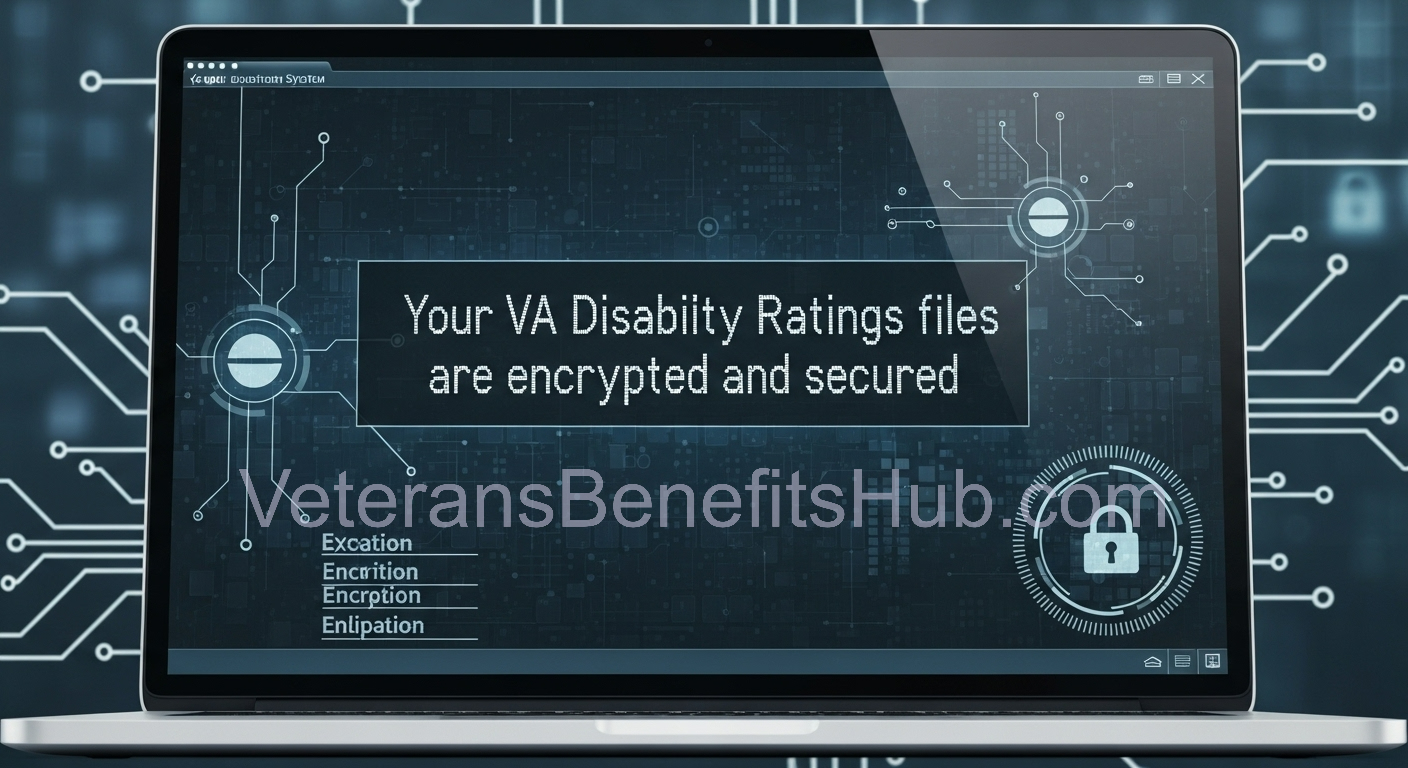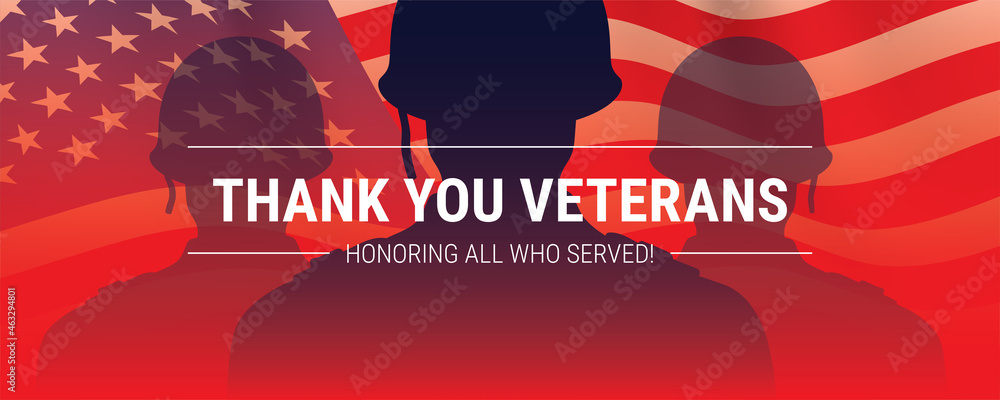
Should You Share Your VA Disability Status with Potential Employers?
When it comes to disclosing one’s status as a disabled veteran and VA disability rating to potential employers, it’s important to understand what is legally required—and what is not. Most employers are not entitled to know this information, and it’s protected under federal law. Think of it similarly to how physical or mental health conditions are treated—private, protected, and not up for casual inquiry.
Many veterans experience invisible conditions such as mental health challenges or chronic pain. Just as no one would question a person using a wheelchair about their mobility aids, employers generally should not question or judge a veteran based on a disability rating, especially when it’s not outwardly visible.
Our contributor shared an illustrative example. A veteran began a new job and met the supervisor, who also turned out to be a Marine. Once their shared military background was revealed, the supervisor asked about the veteran’s disability rating. The veteran, wanting to be transparent, disclosed being 100% permanent and total (P&T). This detail did not need to be disclosed and unfortunately led to judgment.
The supervisor reportedly acted coldly afterward and made vague excuses not to bring the veteran back to work. A few days later, the veteran contacted a coworker and was informed that the supervisor didn’t believe the veteran was “really disabled.”
This situation, unfortunately, is not uncommon. It reflects the risks involved in sharing too much personal information with those who might be biased. When it comes to veteran status and disability, discrimination can and does happen. Fortunately, there are legal avenues to pursue if discrimination is suspected.
Legal Recourse Options
Veterans who feel discriminated against can reach out to the U.S. Equal Employment Opportunity Commission (EEOC) or a similar agency at the state level. Both veteran status and disability are protected under employment laws.
In order to strengthen any legal action, documentation is key. Save everything—texts, emails, notes from conversations, and call records. These can be used as evidence to support a claim.
There is also the option of hiring a civilian lawyer who specializes in disability discrimination. A private attorney can often act more quickly than a government agency like the EEOC. One of the first steps they’ll take is to initiate discovery, a legal process requiring the employer to disclose internal records. Employers who have engaged in a pattern of discriminatory behavior may be eager to avoid this process.
It’s worth noting that the veteran in this story faced bias potentially rooted in generational differences between veterans. Such biases do not change the legal protections afforded to veterans and disabled individuals.
Final Thoughts
Veterans rated 100% permanent and total by the VA face no legal work restrictions, and this includes restrictions from potential future employers. If discrimination occurs, there are options available—whether through government channels or private legal action.
That said, veterans are encouraged to be cautious when sharing personal medical or disability-related information during the hiring process. Sometimes, less is more.
Stay focused on the job hunt, document interactions thoroughly, and know your rights.
Disclaimer: Some portions of this article reflect the opinions of our contributor and may not represent official legal or medical advice. Readers are encouraged to consult with a qualified attorney or professional for personalized guidance.
